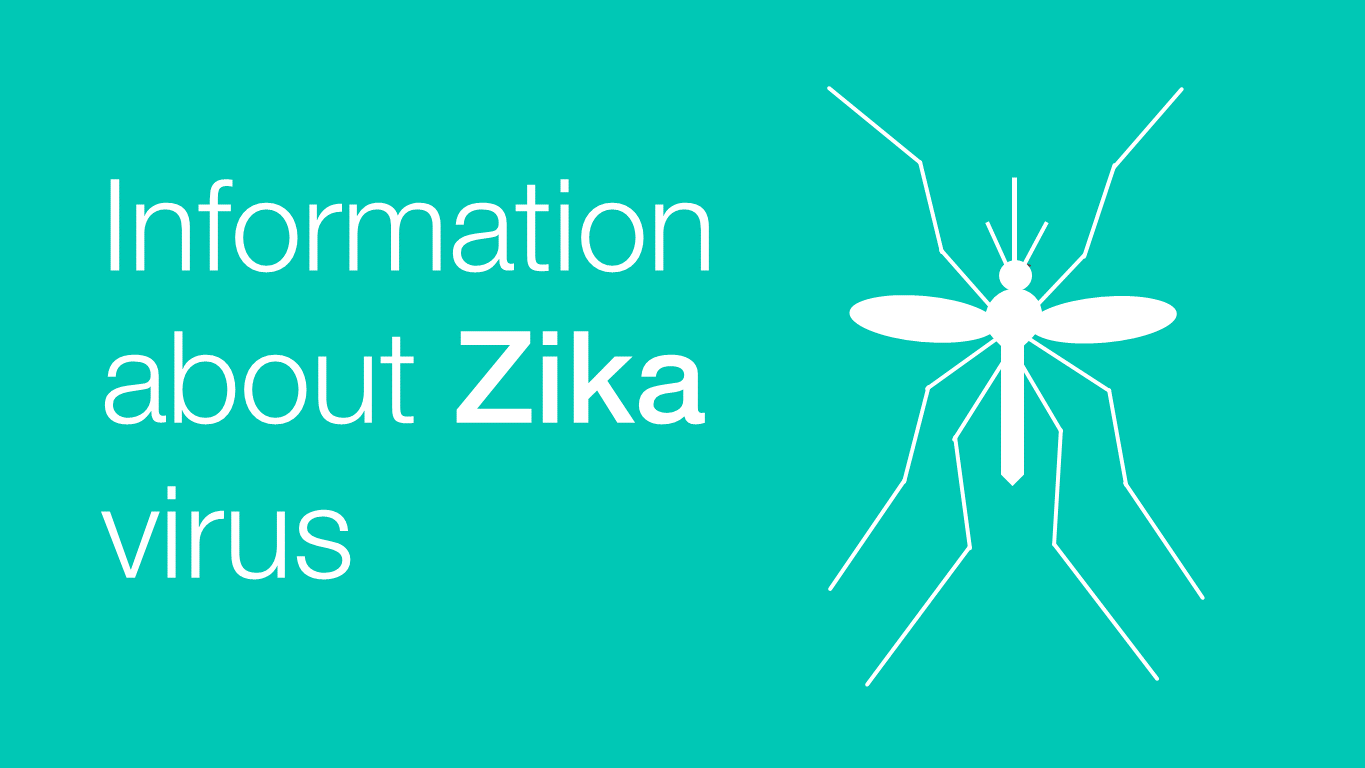Looking Ahead Zika Virus
As per latest reports published by the World Health Organization, the global risk assessment of Zika has not changed on an overall basis. Zika virus continues to spread geographically to areas where competent vectors are present. Though a decline in cases of Zika has been reported in certain countries and in certain parts of some other countries, vigilance needs to remain high on the Zika front.
There is an improvement as far as countries and territories reporting mosquito-borne Zika virus infections, microcephaly and other central nervous system (CNS) malformations potentially associated with Zika virus infection for the first time are concerned. Similarly, there is also some respite as far as countries and territories reporting Guillain-Barre syndrome (GBS) cases associated with Zika virus infection for the first time are concerned. However, a traveler who returned from Angola to France presented clinical signs and symptoms and serologic signs compatible with Zika virus infection. Previous yellow fever vaccination and sero-positivity for other flaviviruses precluded the conclusive diagnosis of Zika virus infection because of the possibility of cross-reaction. Further investigations are being conducted to determine if there is ongoing Zika virus transmission in Angola.
Transmission
Zika virus is primarily transmitted to people through the bite of an infected mosquito from the Aedes genus, which usually bites during the day. This very mosquito also transmits Dengue, Chikangunya and Yellow Fever. Sexual transmission of Zika virus is also possible. The virus may also be transmitted by a Zika virus infected mother to her unborn child.
Symptoms
Common symptoms of Zika infection include mild fever, skin rash, conjunctivitis, headache and pain in the muscles and joints. The symptoms normally last from 2 to 7 days. However, a large number of the infected people do not show these symptoms at all.
Complications
It has been established that Zika virus is a cause of microcephaly and Guillain-Barre syndrome. Links to other neurological complications are being investigated.
Diagnosis
Diagnosis of Zika virus infection can only be confirmed through laboratory tests on blood or other body fluids such as urine, saliva and semen.
Treatment
Zika virus disease is usually mild and requires no specific treatment. People with Zika virus infection are advised plenty of rest and consumption of enough fluids. Pain and fever are treated with common medicines. Currently, there is no vaccine available for Zika virus infection.
Prevention
Protection from mosquito bites is the main prevention. Wearing full sleeve-shirts and full length trousers, keeping windows and doors closed, sleeping under mosquito nets, using good quality mosquito repellants containing DEET, IR 3535 or icaridin are recommended. Avoiding potential mosquito breeding environment by clearing standing water in buckets, drums, gutters, pots etc. is also advised. Spraying of insecticides is also recommended. Abstaining from sexual intercourse with a partner who has returned from areas where local transmission of Zika virus has been reported is also essential to prevent Zika virus infection.

